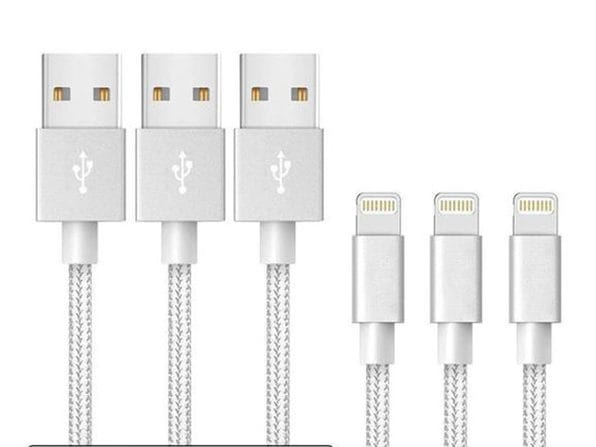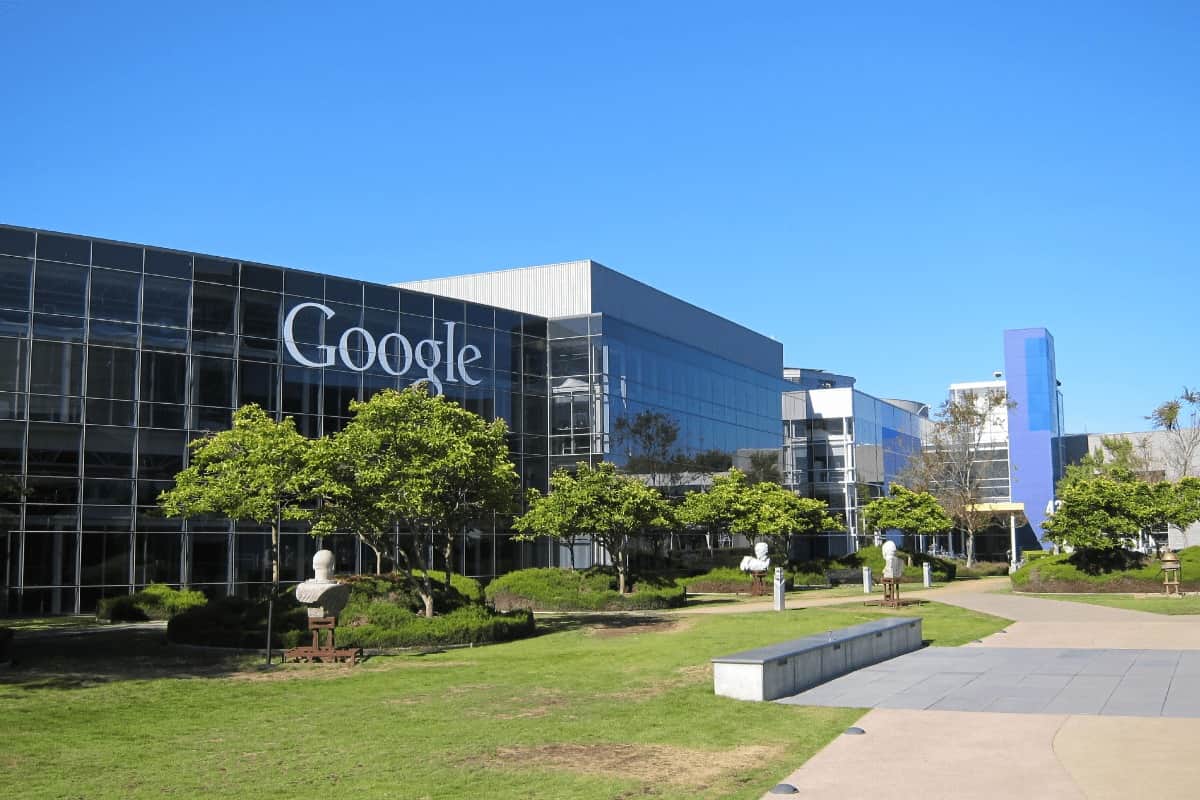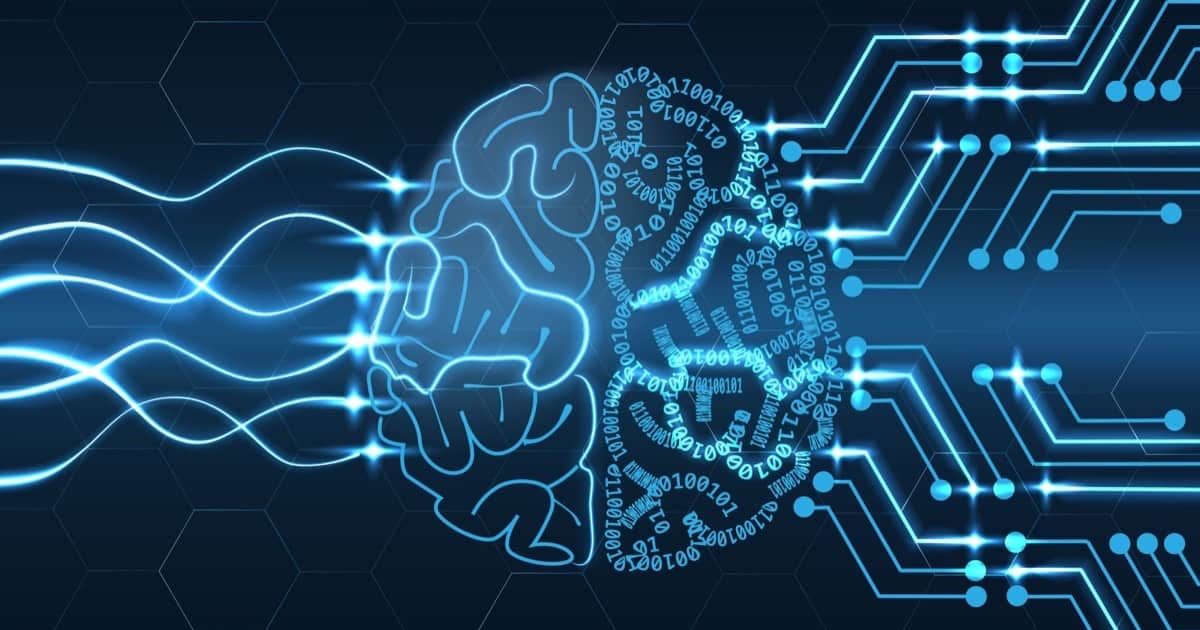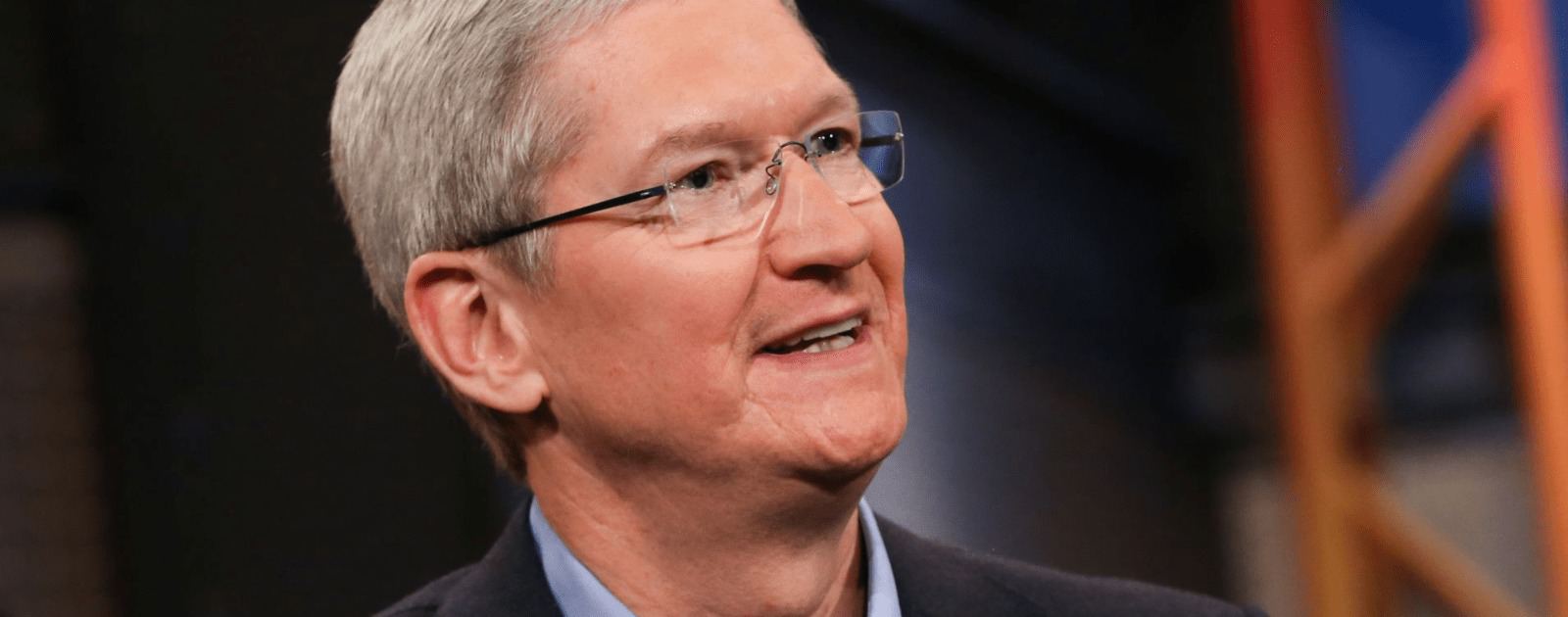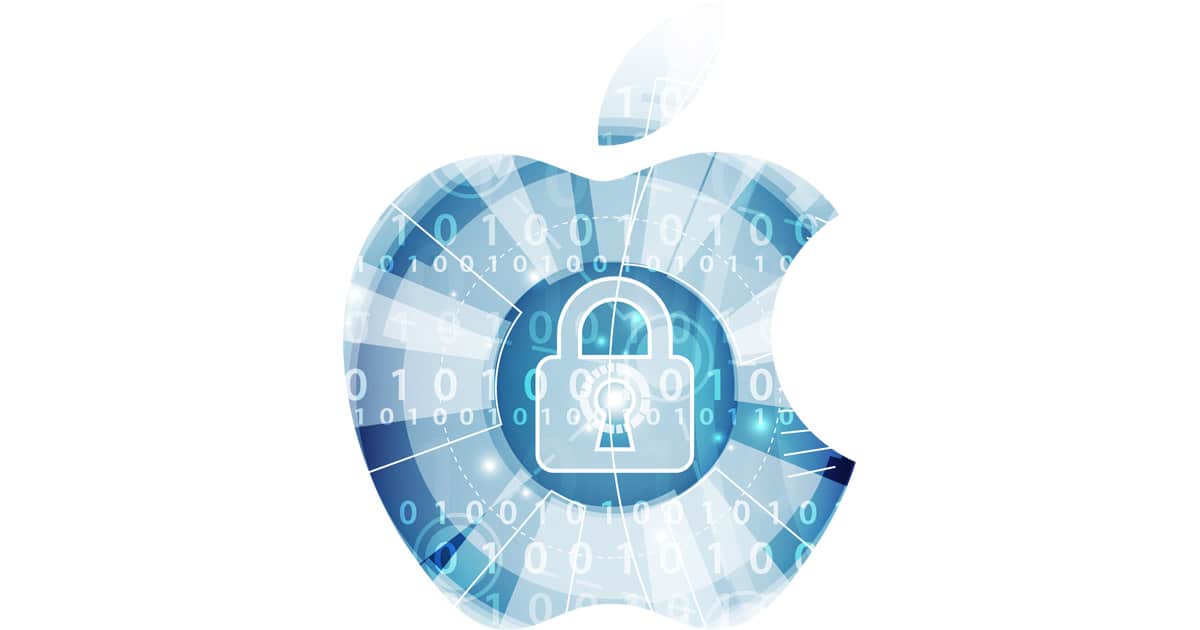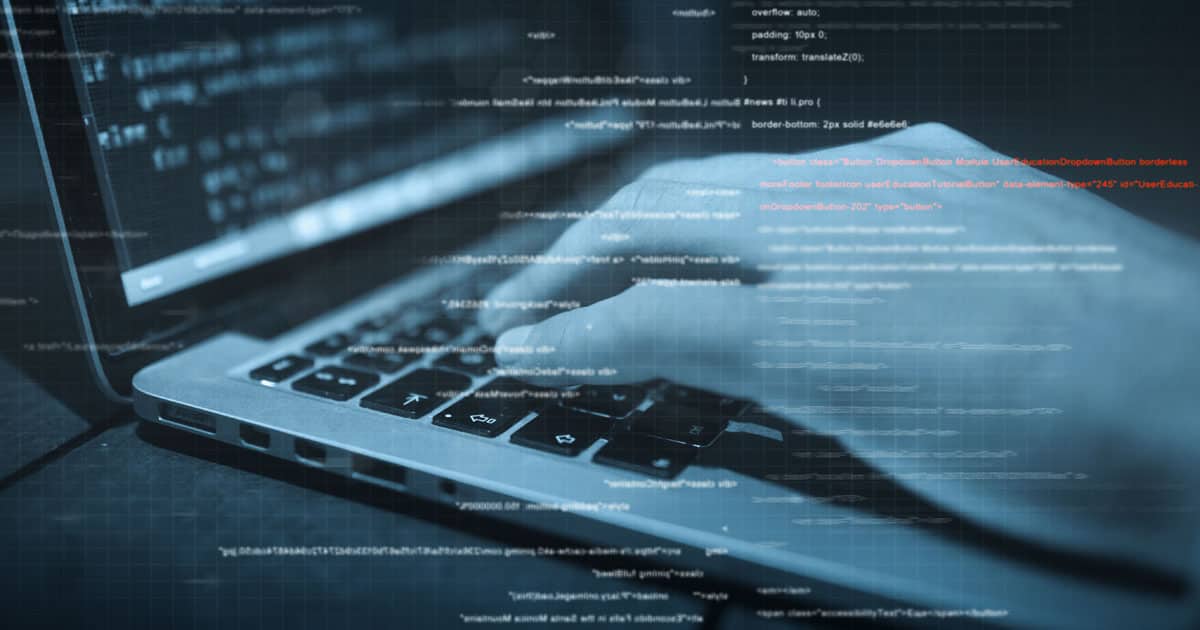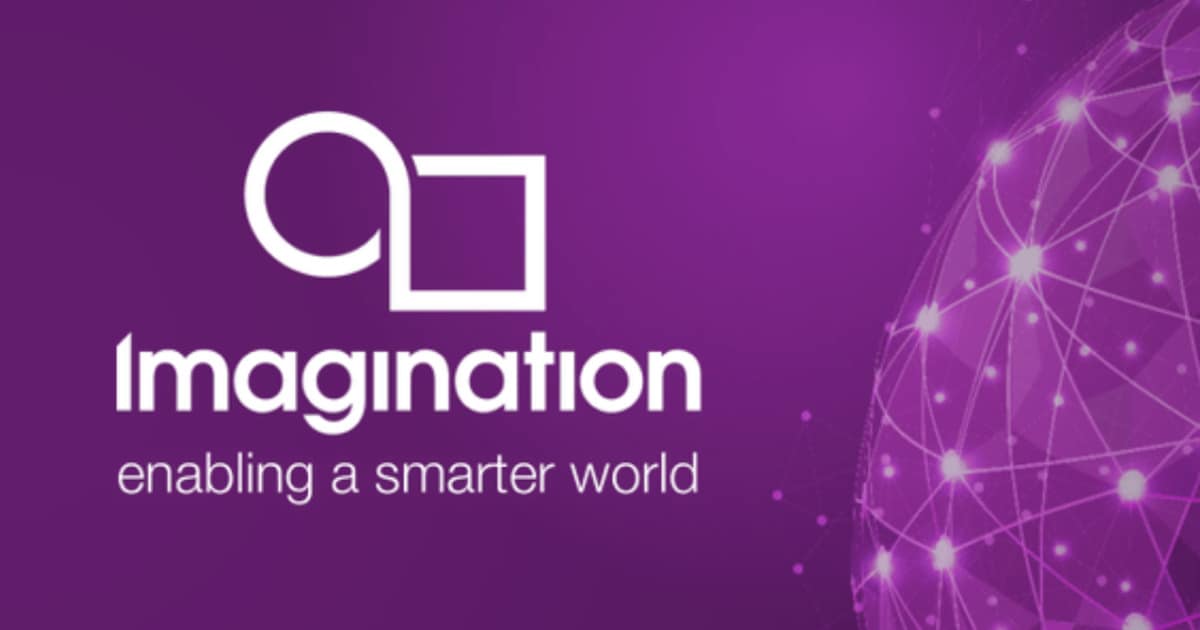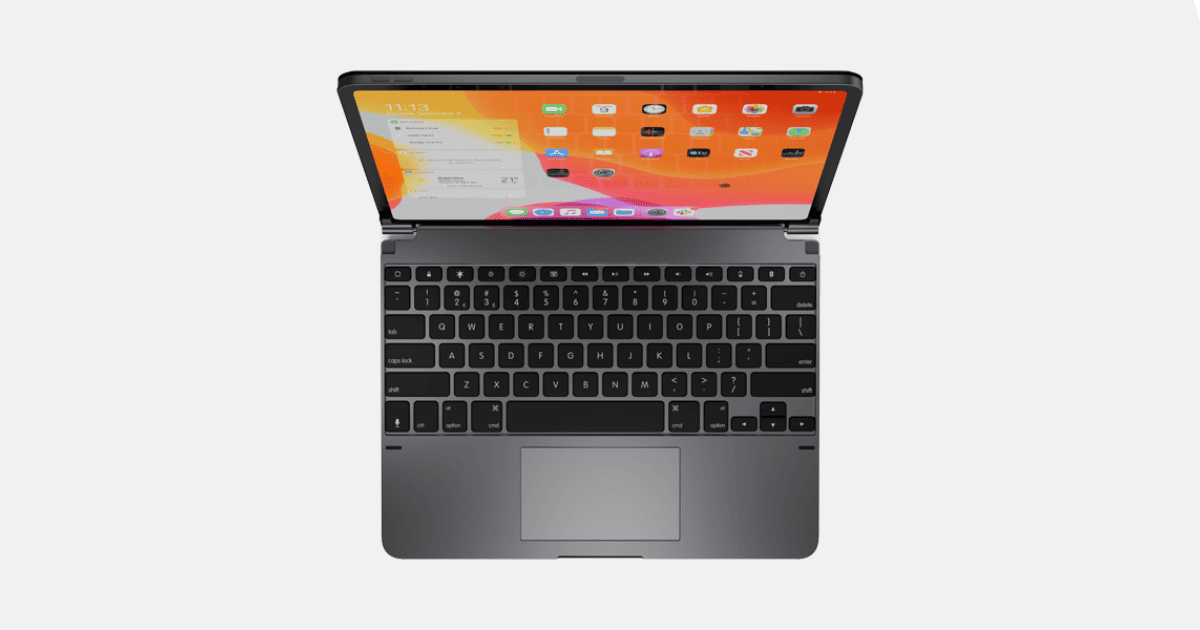Enter our new international giveaway for a chance to win the brand new iPhone 16 Pro.
How to Change How The Function Keys Work in macOS Catalina
Ever pressed a function key and it hasn’t done quite what you expected? No problem. It is easy to alter how they work in Catalina.
App Store Spending Reached $193 Million on Christmas
On Christmas Day Apple customers spent a total of US$193 million in the App Store, and Tinder was the top app.
BBEdit Just Keeps Getting Better
Dr. Mac is impressed with the latest release of Bare Bones Software’s venerable Mac text editor, BBEdit, saying it just keeps getting better and better, with the latest release (BBEdit 13), adding several extremely useful features.
10-Foot MFi-Certified Braided Lightning Cables 3-Pack: $15
We have a deal on a 3-pack of 10-foot MFi-Certified braided Lightning cables. The sheathing is braided nylon, and they’re available in Black, White, Silver, Pink, and Gold. You’ll find an option for a 6-pack of cables in the deal listing, too. The 3-pack is $15 through our deal.
New iPhone Displays Could be Thinner And More Power Efficient
Reports coming from Korea, picked up MacRumors, indicate that the 2020 iPhone will likely have thinner displays. They could also be more power-efficient too.
This mirrors a recent report from Korean website ETNews, which claimed that so-called iPhone 12 Pro models will adopt a technology that allows touchscreen circuitry to be directly patterned on the OLED panel without the need for a separate layer, resulting in a thinner display and lower production costs. ETNews said a lower-cost 6.1-inch model, presumably the iPhone 12, will stick with a traditional film-based display. It is unclear if thinner displays would translate to thinner iPhones as a whole this year.
AAPL Shares Hit Record High on First Trading Day of 2020
Apple stock hit a record high on the first trading day of 2020, closing at $300.35 per share and valued the firm at over $1.3 trillion.
Former Top Google Exec Gives Devastating Explanation of Why he Quit
Google has faced internal staff protests and criticism in recent times over its approach to human rights both at home and abroad. The firm’s former head of international relations, Ross LaJeunesse, revealed on Thursday his concerns in this area prompted him to quit.
Each time I recommended a Human Rights Program, senior executives came up with an excuse to say no. At first, they said human rights issues were better handled within the product teams, rather than starting a separate program. But the product teams weren’t trained to address human rights as part of their work. When I went back to senior executives to again argue for a program, they then claimed to be worried about increasing the company’s legal liability. We provided the opinion of outside experts who re-confirmed that these fears were unfounded. At this point, a colleague was suddenly re-assigned to lead the policy team discussions for Dragonfly. As someone who had consistently advocated for a human rights-based approach, I was being sidelined from the on-going conversations on whether to launch Dragonfly. I then realized that the company had never intended to incorporate human rights principles into its business and product decisions. Just when Google needed to double down on a commitment to human rights, it decided to instead chase bigger profits and an even higher stock price.
IKEA Tradfri Smart Blinds Add HomeKit Support
IKEA is now rolling out HomeKit support for its line of Tradfri smart blinds as a firmware update, after a delay into 2019.
Inside Big Tech’s Manipulation of AI Ethics Research
It’s a long read, but Rodrigo Ochigame, former AI researcher at MIT’s Media Lab, examined Big Tech’s negative role in AI ethics research.
MIT lent credibility to the idea that big tech could police its own use of artificial intelligence at a time when the industry faced increasing criticism and calls for legal regulation…Meanwhile, corporations have tried to shift the discussion to focus on voluntary “ethical principles,” “responsible practices,” and technical adjustments or “safeguards” framed in terms of “bias” and “fairness” (e.g., requiring or encouraging police to adopt “unbiased” or “fair” facial recognition).
Tim Cook Makes Charitable Donation of $2 Million Worth of Apple Stock
Tim Cook donated 6,880 Apple shares, worth around $2 million, to an undisclosed charity, according to his most recent SEC filing.
macOS: How to Display All Previously Installed Security Updates
macOS maintains a listing of all software updates. That list contains a list of all previously applied security updates. John shows how to display those entries.
Techno Artist Curtis Wallen Created a ‘Clandestine Communication Network’
Curtis Wallen’s latest project, called Proposition For An On Demand Clandestine Communication Network, tells people how to avoid surveillance and make a secret phone call.
This is not easy, of course. In fact, it’s really, comically hard. “If the CIA can’t even keep from getting betrayed by their cell phones, what chance do we have?” he says. Still, Wallen believes PropCom could theoretically keep users’ activities hidden. It’s hard, he emphasizes, but not impossible.
He basically uses a prepaid burner phone, a Faraday bag, and an encrypted phone number. I hope he bought the phone from a place that doesn’t use cameras or facial recognition, because that could help trace him.
Richard Plepler’s Eden Productions to Make Apple TV+ Content
Richard Plepler left HBO as its CEO to form his own company called Eden Productions. He just signed a five-year deal with Apple.
TSMC Likely to Begin 'A14' 5nm Chip Production in Q2
Chipmaker TSMC has secured a contract to make Apple’s A14 processors, according to reports picked up by MacRumors. The chips will go in this year’s iPhones, with production expected to begin in the second quarter of 2020.
“The sources said Apple’s 5G mmWave handsets to be released in 2020 are reportedly to each carry at least three AiP modules, which can also be packaged with FC_AiP (flip-chip) process in addition to InFo_AiP.” TSMC has been working hard to miniaturize its fabrication process to 5 nanometers – down from 7 nanometer fabrication seen in the A12 and A13 – with the aim of securing orders for Apple’s processors in its iPhones for the fourth year running.
Apple Mac mini Intel Core i5 2.3GHz 8GB RAM 500GB - (Refurbished): $249.99
We have a deal on a refurbished Apple Mac mini Intel Core i5 2.3GHz 8GB RAM 500GB (Refurbished). It’s a great find for those who already own a mouse, keyboard, and display. It’s $249.99 through our deal.
Star Wars Shows on Disney+ May Become Movies
For those enjoying The Mandolorian on Disney+, there may be good news. Disney CEO Bob Iger hinted that it could be expanded into a movie, SlashFilm reported.
When asked by The Star Wars Show (via Inside the Magic) if TV was going to be a major part of the franchise moving forward, Iger replied in the affirmative, echoing comments he’s made before. But hit TV shows like The Mandalorian likely won’t be contained to the small screen for long. “I don’t look at it as just television, I look at it as an extension of Star Wars storytelling. What Disney+ has given us the ability to do is to do just that, is to bring Star Wars to people in new ways, and to bring new Star Wars to people. It’s not the same places or the same characters. Just look at Mandalorian. While, obviously, there’s a lot shared, there’s a lot that’s really fresh, and I love that.
Corellium and Apple Escalate Legal Fight
The legal battle between Apple and mobile device virtualization creator Corellium escalated over the festive period.
The Best Apps to Help You Have a Productive 2020
There are lots of great, affordable, apps that can help you keep to your new year’s resolution to be more productive in 2020.
Purchasing iPad Accessories, Original Streaming Shows – TMO Daily Observations 2020-01-02
Charlotte Henry and John Martellaro join host Kelly Guimont to discuss purchasing iPad accessories, and how streaming original shows stack up.
Do You Have an iPhone and a Dell Laptop? Soon You Can Mirror it
Computer manufacturer Dell will soon release software that will enable iPhone screen mirroring on Dell laptops.
Imagination and Apple Sign Updated Licensing Agreement
Apple signed an upgraded multi-year, multi-use license agreement with UK-based silicon and software IP creator Imagination Technologies.
Brydge Announces iPad Pro Keyboard With Trackpad
Brydge announced the Pro+ keyboard today for the iPad Pro. It’s different than previous products because this one has a trackpad built in.
Media From 1924 and Earlier Enters Public Domain in 2020
Everything that was published in 1924 or earlier is now available in the public domain, meaning that it’s no longer protected by copyright.
Movies, books, music, and more from 1924 are all entering the public domain today, meaning that you’re free to download, upload, and share these titles however you see fit. And it’s completely legal.
California's New Privacy Law Comes into Force Today
A new privacy law aimed to protect consumers comes into force in California today, January 2nd, 2020. Wired rounded up everything you need to know.
The CCPA applies to any company that operates in California and either makes at least $25 million in annual revenue, gathers data on more than 50 thousand users, or makes more than half its money off of user data. For California residents, it creates a handful of new rights over their data. The most significant categories are what Alastair Mactaggart, the California real estate magnate behind the ballot initiative that led to the law being passed, calls “the right to know” and “the right to say no.” That means users will, as of today, be able to see what data companies have gathered about them, have that data deleted, and opt out of those companies selling it to third parties from now on.



